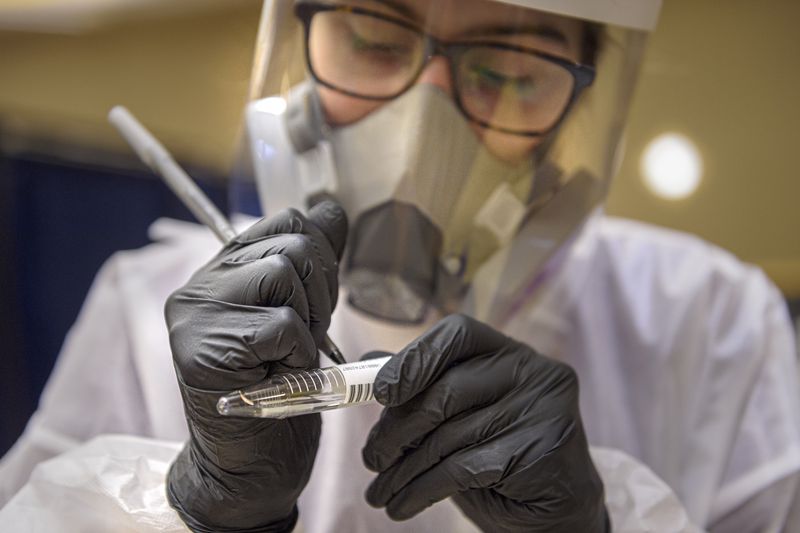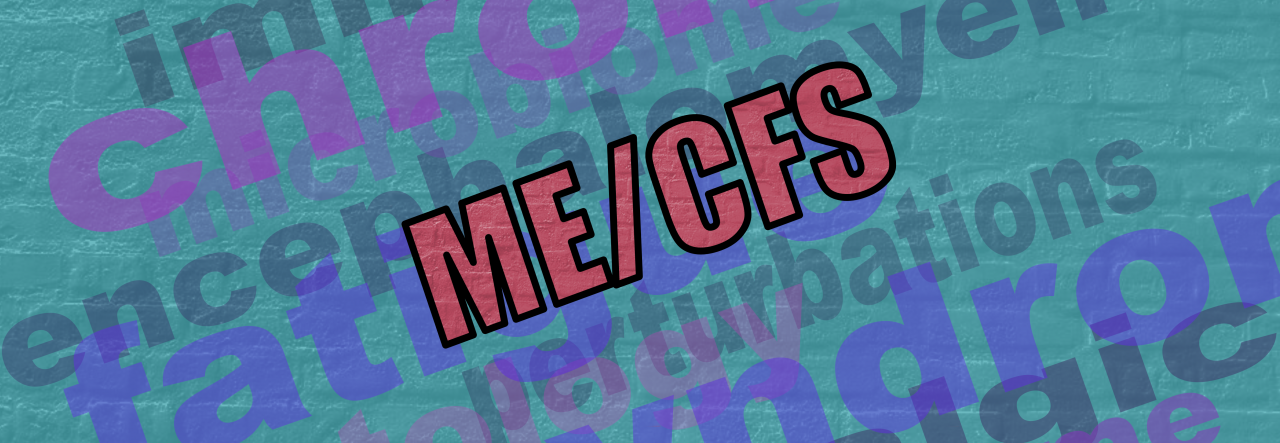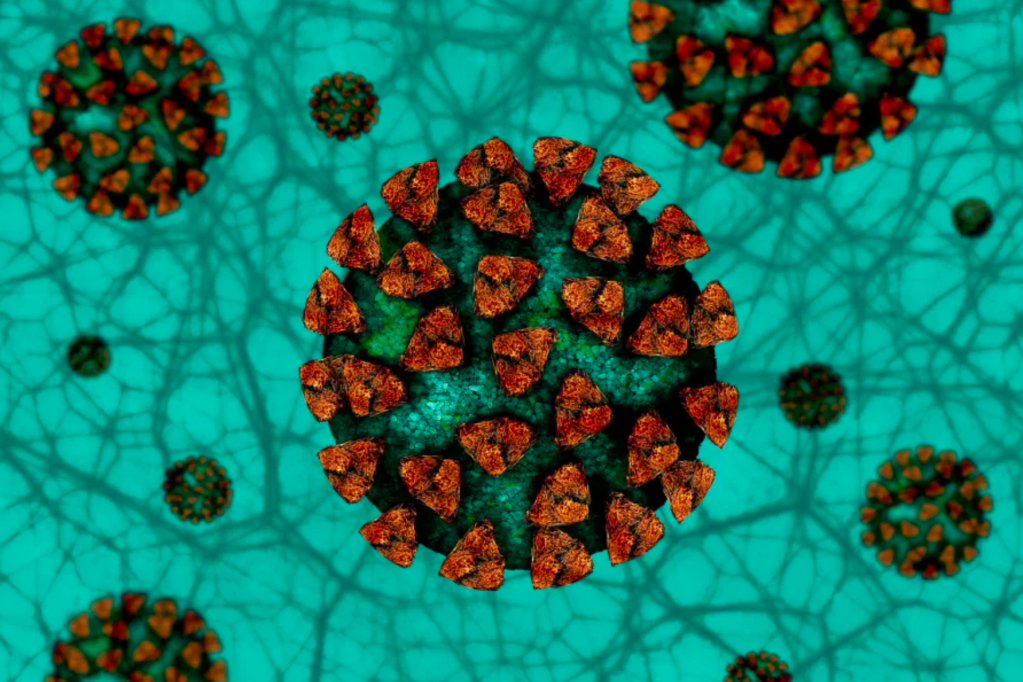
A new article by Alex Putterman about the COVID-19 variants was just released in the Hartford Courant yesterday, February 6, 2021. The variants, which include B117, B1351, and P1, or more commonly known as the UK, South Africa, and Brazil variants, are beginning to circulate in the United States. In the article, experts in the field, which include deputy director Mark Adams and ME/CFS CRC lead Derya Unutmaz, both of The Jackson Laboratory, discuss what we currently know about these variants, and how they could affect the vaccine rollout and reopening in Connecticut.
So far, Connecticut has only seen 17 cases of the UK variant, or less than 1% of total positive tests in the state, and no cases of the South Africa or Brazil variants. However, the UK strain is believed to be at least 50% more transmissible than other variants, which could complicate how quickly herd immunity can be reached. Derya Unutmaz says that, “before, let’s say we just needed to vaccinate 70% of the population and we would have been fine, now I think we need to vaccinate 85-90% of the population.”
Unutmaz also says that, importantly, the vaccines are still very effective against the new variants, and prevent severe disease. For now, it seems the best course forward is to ramp up vaccine distribution while maintaining social distancing to stop the spread of the virus.

